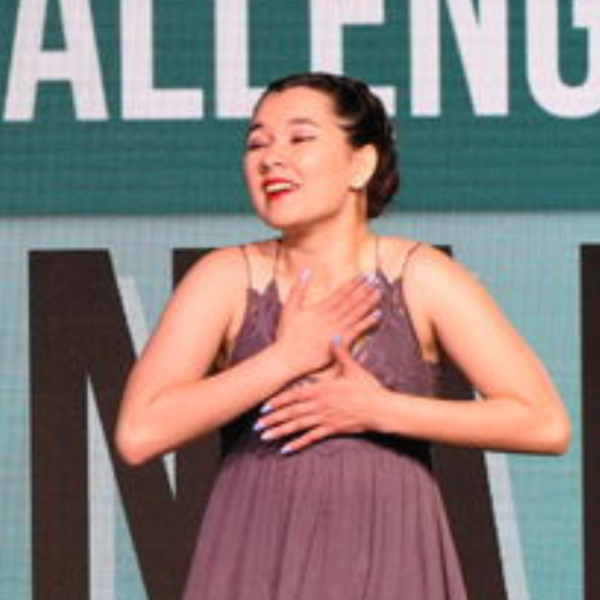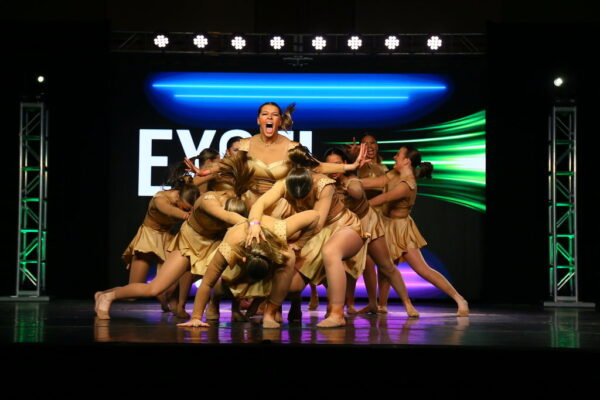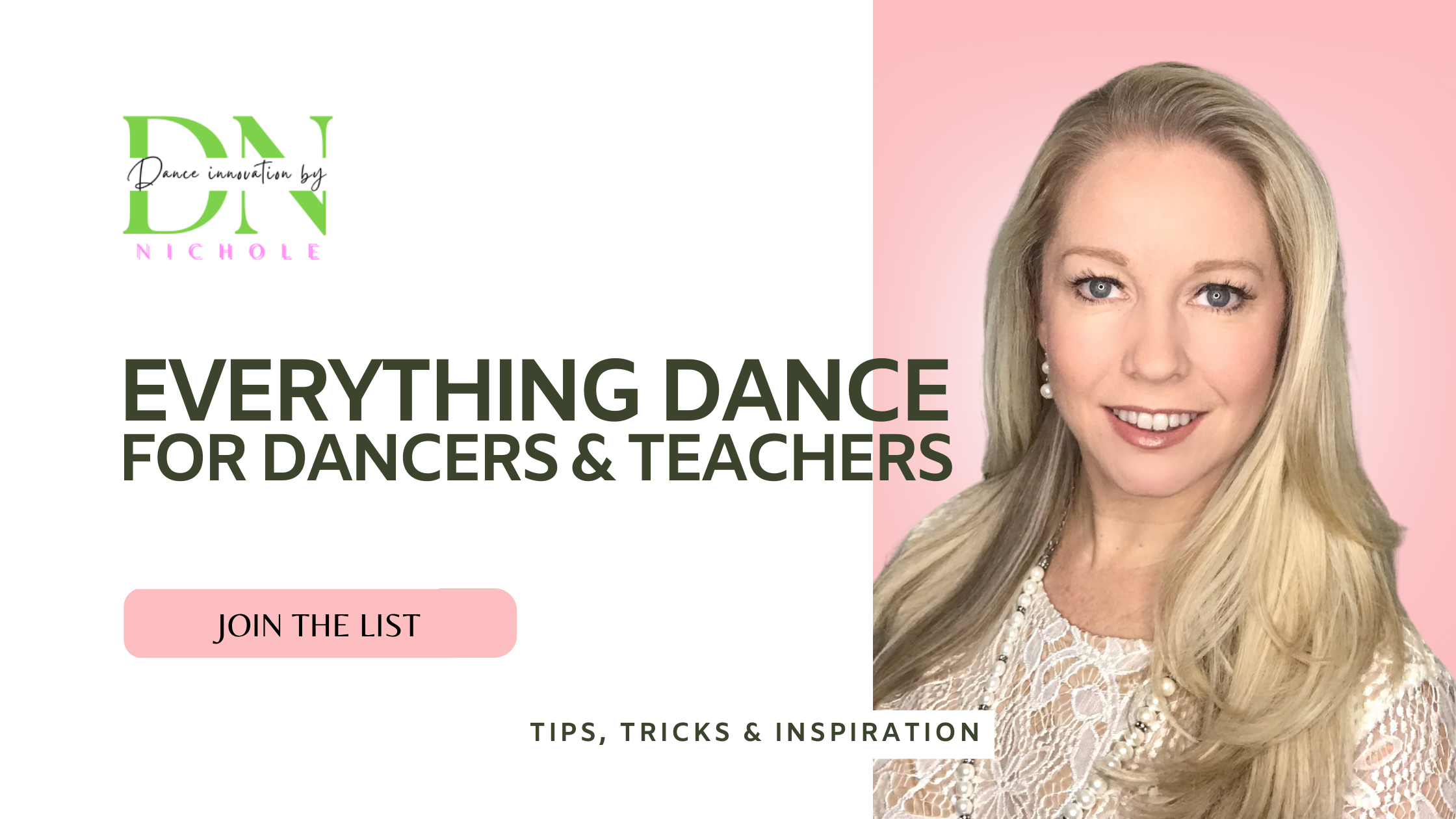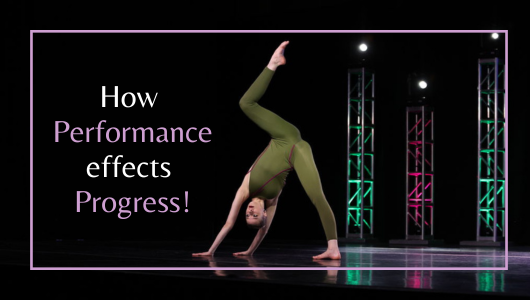It’s the start of the year and your students will be onstage competing in the blink of an eye. By the time the kids step on stage you will have practiced their routines over, and over, and over. You’ve prepped them for music problems, set an early call time, and given them every correction you can think of. BUT, what do you do when they get up there and don’t perform the way you practiced? All kids react differently to stress and anxiety. The good news is – performing is a skill that can be honed. Below are some of the benefits from repeated competition experience.
Nerves. It can be scary to perform and whether your student is a first-time competitor or they’re competing for the first time this season, that initial performance is always the most nerve-wracking. Give your students an opportunity to master those nerves by opening up more performance opportunities. I recommend 6-8 competitions for soloists that struggle with nerves.

Spacing. Group dances are a whole different scenario compared to solos. The more kids are exposed to different stages, the more confident they will become in their routines. An added benefit of this is better spacing in their formations.
Facials. There’s SO much to think about when competing and some kids really struggle with facials. I find for soloists, the first competition is the hardest. Every kid is different, but the 5th performance is a good median place where I see the most progress and natural facials emerge.

Timing. The more time students have to digest their routine and practice performing, the better they tend to match their timing. Once the initial jitters are out, they can really focus on the nuances of their routine.
Storytelling. You know your students have hit the height of understanding performing arts once they become a storyteller. This isn’t about technique, but about being comfortable in your own body and confident enough to act out a story. If the students aren’t there yet, keep pushing them to work on these skills through performance opportunities.

We all try to encourage dancers to be their best, but being in the safe zone at a studio with their friends doesn’t release the same endorphins as competing. Obviously, the training and the community built at the studio are the most important things, but if you want to take your students to the next level, encourage them to get on stage as much as possible and experience growth through performance.
Nichole Fortunato
Excel in Motion, Co-Owner
Elite Performance Challenge, Co-Owner
I’d love to hear your experience or thoughts on this topic.

